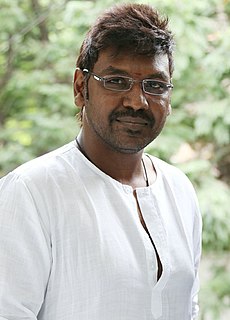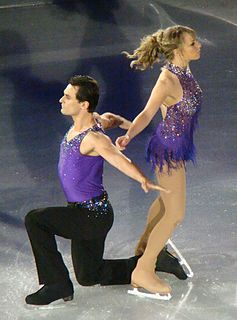A Quote by Alphonse de Lamartine
The loss of a mother is always keenly felt, even if her health be such as to incapacitate her from taking an active part in the care of the family. She is the sweet rallying-point for affection, obedience, and a thousand tendernesses. Dreary the blank when she is withdrawn!
Related Quotes
Even after the age of 50 it was impossible for me to see my mother as a human being. I felt she was a monster, and she had subtly been influencing my behavior and my thoughts and my dreams for so long that she was kind of a monster; she was a demon. And when I brought her back to life, I could feel that malevolent presence around me again, that woman who was totally incapable of giving nurturing to anybody, and, you know, her selfishness and her withdrawn indifference to everything but her own needs.
One thing I did have under my belt was, my mother lost her mother when she was 11. She mourned her mother her whole life and made my grandmother seem present even though I never met her. I couldn't imagine how my mom could go on but she did, she took care of us, she worked two jobs and had four children. She was such a good example of how to conduct oneself in a time of grief. When I lost my husband, I tried to model myself as much as I could on her.
The adolescent does not develop her identity and individuality by moving outside her family. She is not triggered by some magic unconscious dynamic whereby she rejects her family in favour of her peers or of a larger society.... She continues to develop in relation to her parents. Her mother continues to have more influence over her than either her father or her friends.
He was always part of her thoughts, and now that he was real, he was inescapably part of her life, but it was as she had told her mother: saying he was part of her or that they were more than friends sounded like love, but it seemed like loss as well. All the words she knew to describe what he was to her were from love stories and love songs, but those were not words anyone truly meant.
At a certain point the family moved to Jaipur, where no woman could avoid the doli or purdah. They kept her in the house from morning to night, either cooking or doing nothing. [My mother] hated doing nothing, she hated to cook. So she became pale and ill, and far from being concerned about her health, my grandfather said, 'Who's going to marry her now?' So my grandmother waited for my grandfather to go out, and then she dressed my mother as a man and let her go out riding with her brothers.
She writes that one of the moments that she felt most useful was when her mother had a headache, and she would stroke her head and rub her forehead. And I think Eleanor Roosevelt's entire life was dedicated to two things: (one) making it better for all people, people in trouble and in need, like her family.
She rested her head against his and felt, for the first time, what she would often feel with him: a self-affection. He made her like herself. With him, she was at ease; her skin felt as though it was her right size.. It seemed so natural, to talk to him about odd things. She had never done that before. The trust, so sudden and yet so complete, and the intimacy, frightened her.. But now she could think only of all the things she yet wanted to tell him, wanted to do with him.
My mother didn't feel sorry for herself, she was left with no child support, no alimony at a very young age, with a child to raise, a high school education and she just figured it out. She didn't complain, she didn't rely upon government, she relied upon her own skill set, her own self confidence, her own drive in moxie and her own duty to me and her and she relied upon her family and her faith.
My mother was the kind of person who was very much part of her tribe and very much a satellite of her tribe. She was the girl who left her family at the age of 17 and went to Washington. My mother was orphaned at three and then was brought up by my aunt Goldie. So, yes she belonged, but there was a part of her that didn't.







































